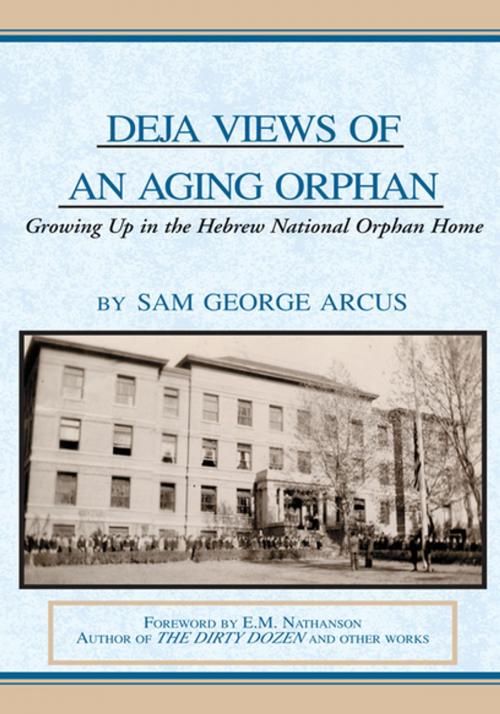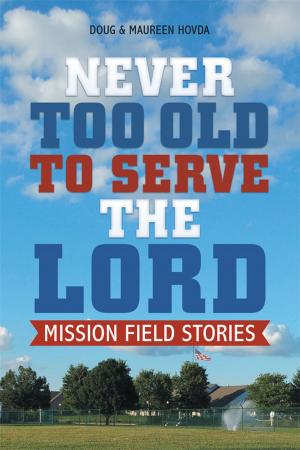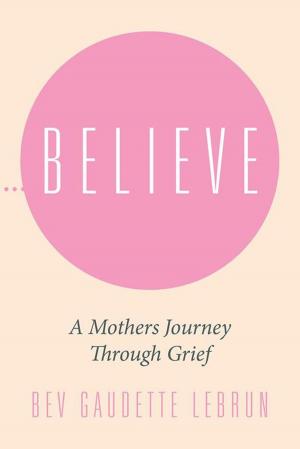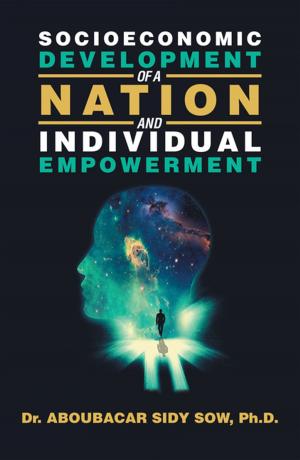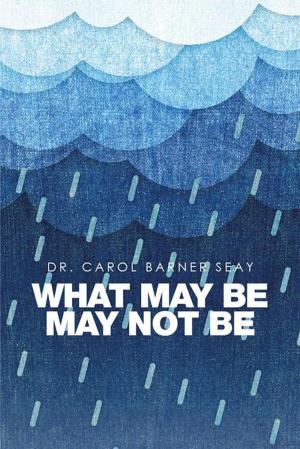Deja Views of an Aging Orphan
Growing up in the Hebrew National Orphan Home
Biography & Memoir, Historical| Author: | Sam George Arcus | ISBN: | 9781462844814 |
| Publisher: | Xlibris US | Publication: | November 1, 2000 |
| Imprint: | Xlibris US | Language: | English |
| Author: | Sam George Arcus |
| ISBN: | 9781462844814 |
| Publisher: | Xlibris US |
| Publication: | November 1, 2000 |
| Imprint: | Xlibris US |
| Language: | English |
To quote from E.M. Nathanson (author of THE DIRTY DOZEN and numerous other works and fellow alumnus of the HNOH) who wrote the FOREWORD to the book:
The title of the book - DEJA VIEWS... - is itself a meaningful play on the French phrase deja vu - meaning, roughly, the startling feeling that strikes you that what you have just experienced you have experienced before. To anyone who shared those times, DEJA VIEWS OF AN AGING ORPHAN will be an exciting time travel adventure, comprehensive, varied, textured and evocative. To those who lived in those times but had no knowledge then of the milieu of the books real life characters and stories - and to those in the generations that followed, such as the children and grandchildren of the Home boys - the book will be a voyage of discovery.
Many of the anecdotes and people profiles in the book, though not all of them, were written as columns that appeared over the years in THE ALUMNUS, the monthly publication of the Alumni Association of the Hebrew National Orphan Home and its successor institutions, Homecrest and Hartman-Homecrest. They are word pictures that have ripened and matured and been revised over the years by more acute memory and input from others. Some of these stories and brief biographies have even achieved the status of myths and legends. In addition, sowed amidst these pages of real persons and event, as a sort of literary seasoning and entertainment, are some short stories, identified as fiction, but which illuminate with their own truths.
The index alone is a cornucopia of memories. The variety of people and themes that are remembered and summoned into the book is impressive. Some evoke nostalgia for a time that we didnt know was that good when we were living it; some bring a laugh - or a tear. And the focus is always on the boys - and the adults they became.
In addition to the foregoing, I believe the best description of my book is contained in my INTRODUCTION, which is therefore reproduced here in its entirety.
My older brother Al, myself and my younger sister Henny all became half-orphans upon the death of our mother in February 1929. Our father had to place us in orphanages when he found himself unable to provide the care required by a 9 year old boy, his 7year old brother and 2 year old sister. A1 and I were placed in the Hebrew National Orphan Home on Tuckahoe Road in the outskirts of Yonkers, NY while Henrietta was put into the Israel Orphan Asylum on East Second Street NYC. This separation was necessary because the HNOH accepted only boys, ages 6 to 16 (later HS graduation) whereas the IOA accepted boys and girls, ages 2 to 5. It was while I was in the HNOH that I became a "full-fledged" orphan, when my father died in 1938. And Ive been a "full-fledged orphan" ever since--although I didnt start "aging" until just a few months ago when I turned 78.
But some years before that, my then new daughter-in-law, Susan was describing my wife and myself to her mother, including the fact that we were orphans (my wife having been raised in the Pride of Judea Childrens Home on Dumont Ave in Brooklyn where I worked after I had left the HNOH). To which Susans mother replied, matter-of-factly: "Well, so am I. And so is your father!" Momentarily surprised, Susan then elaborated: "No mom. I mean they were orphaned as children and raised in orphanages." Her mother hesitated and then said: "Oh".
This anecdote illustrates the fact that ultimately we all become "orphans". But that is not the focus of this work. Its focus is the child who lost one or both parents at a young, tender age and subsequently was placed in an institution--the orphanage. So when I titled this work "...OF AN AGING ORPHAN. I wasnt focusing on an older person who had been orphaned as an adult, but on an orphaned child who, fortunately, has been aging nicely. I say "fortunately" because I
To quote from E.M. Nathanson (author of THE DIRTY DOZEN and numerous other works and fellow alumnus of the HNOH) who wrote the FOREWORD to the book:
The title of the book - DEJA VIEWS... - is itself a meaningful play on the French phrase deja vu - meaning, roughly, the startling feeling that strikes you that what you have just experienced you have experienced before. To anyone who shared those times, DEJA VIEWS OF AN AGING ORPHAN will be an exciting time travel adventure, comprehensive, varied, textured and evocative. To those who lived in those times but had no knowledge then of the milieu of the books real life characters and stories - and to those in the generations that followed, such as the children and grandchildren of the Home boys - the book will be a voyage of discovery.
Many of the anecdotes and people profiles in the book, though not all of them, were written as columns that appeared over the years in THE ALUMNUS, the monthly publication of the Alumni Association of the Hebrew National Orphan Home and its successor institutions, Homecrest and Hartman-Homecrest. They are word pictures that have ripened and matured and been revised over the years by more acute memory and input from others. Some of these stories and brief biographies have even achieved the status of myths and legends. In addition, sowed amidst these pages of real persons and event, as a sort of literary seasoning and entertainment, are some short stories, identified as fiction, but which illuminate with their own truths.
The index alone is a cornucopia of memories. The variety of people and themes that are remembered and summoned into the book is impressive. Some evoke nostalgia for a time that we didnt know was that good when we were living it; some bring a laugh - or a tear. And the focus is always on the boys - and the adults they became.
In addition to the foregoing, I believe the best description of my book is contained in my INTRODUCTION, which is therefore reproduced here in its entirety.
My older brother Al, myself and my younger sister Henny all became half-orphans upon the death of our mother in February 1929. Our father had to place us in orphanages when he found himself unable to provide the care required by a 9 year old boy, his 7year old brother and 2 year old sister. A1 and I were placed in the Hebrew National Orphan Home on Tuckahoe Road in the outskirts of Yonkers, NY while Henrietta was put into the Israel Orphan Asylum on East Second Street NYC. This separation was necessary because the HNOH accepted only boys, ages 6 to 16 (later HS graduation) whereas the IOA accepted boys and girls, ages 2 to 5. It was while I was in the HNOH that I became a "full-fledged" orphan, when my father died in 1938. And Ive been a "full-fledged orphan" ever since--although I didnt start "aging" until just a few months ago when I turned 78.
But some years before that, my then new daughter-in-law, Susan was describing my wife and myself to her mother, including the fact that we were orphans (my wife having been raised in the Pride of Judea Childrens Home on Dumont Ave in Brooklyn where I worked after I had left the HNOH). To which Susans mother replied, matter-of-factly: "Well, so am I. And so is your father!" Momentarily surprised, Susan then elaborated: "No mom. I mean they were orphaned as children and raised in orphanages." Her mother hesitated and then said: "Oh".
This anecdote illustrates the fact that ultimately we all become "orphans". But that is not the focus of this work. Its focus is the child who lost one or both parents at a young, tender age and subsequently was placed in an institution--the orphanage. So when I titled this work "...OF AN AGING ORPHAN. I wasnt focusing on an older person who had been orphaned as an adult, but on an orphaned child who, fortunately, has been aging nicely. I say "fortunately" because I
